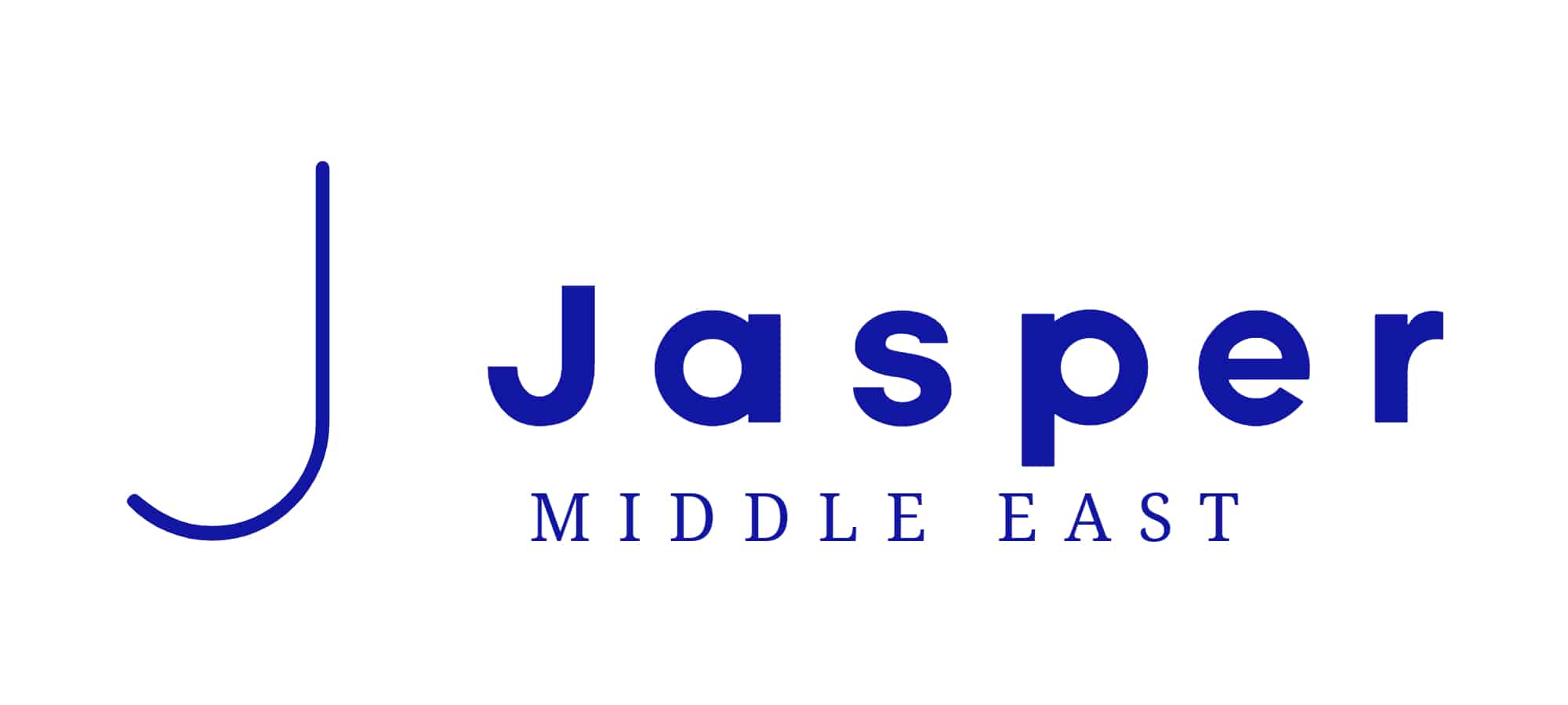Interviews can be nerve-wracking, and one of the most common interview questions that candidates face is, “how do you handle pressure or stress at work?” It’s a question that can catch many off guard, but with a little preparation, you can answer it with ease. In this article, we’ll discuss some strategies for answering this interview question, along with tips to keep in mind during your response.
First and foremost, it’s essential to understand why this is a common interview question. The interviewer wants to gauge your ability to handle stressful situations that may arise in the workplace. They want to know if you can remain calm and focused when the stakes are high. Your answer will demonstrate your ability to perform under pressure and could influence the interviewer’s decision on whether to hire you or not.

When answering the interview question, “How do you handle pressure or stress at work?”, it’s important to be specific. Simply saying “I handle it well” or “I’m used to it” won’t cut it. Instead, give a detailed answer that showcases your problem-solving skills and ability to stay calm under pressure.
Be Honest
First and foremost, it’s important to be honest when answering this question. Don’t pretend that you never experience stress or pressure, or that you have some sort of superhuman ability to handle it. Instead, be authentic and describe how you typically manage stress in your work and personal life. Interviewers appreciate honesty and authenticity, and it will help you build trust with them.
Give an Example
To illustrate how you handle stress, give an example of a time when you faced a high-pressure situation and how you handled it. Be specific and explain the steps you took to manage your stress and stay focused. This not only demonstrates your ability to handle stress but also shows that you are a problem-solver who can think on your feet.
Highlight Your Strengths
When answering the stress question, you can also take the opportunity to highlight your strengths. For example, if you’re great at time management, you can talk about how you use your organizational skills to prioritize tasks and stay on track during stressful times. Or, if you’re an excellent communicator, you can describe how you maintain open lines of communication with your team during high-pressure projects.
Focus on Solutions
When answering the stress question, it’s important to show that you are solution oriented. This means focusing on how you can solve the problem at hand, rather than getting bogged down in the stress itself. Talk about how you stay calm and focused, and the steps you take to address the issue in a logical and effective manner.
Stay Positive
Finally, when answering the stress question, it’s important to stay positive. Stressful situations can be challenging, but they can also be opportunities for growth and learning. Talk about how you approach stress with a positive attitude and a willingness to learn and improve.
In conclusion, the interview question, “How do you handle pressure or stress at work?” is a common one, and it’s important to be prepared to answer it. Be specific, discuss a situation in which you faced a significant challenge, or describe specific techniques or strategies you use to manage stress. By showcasing your problem-solving skills, ability to stay calm under pressure, and positive attitude, you’ll leave a lasting impression on the interviewer and increase your chances of landing the job.
Key Points to Remember when Answering – How do you handle pressure at work?”
- Don’t deny that you experience stress.
- Give an example of a stressful situation and how you handled it.
- Your example should highlight your strength.
- Talk about how you approached stress with a positive attitude.
Some examples of how to answer the interview question – how do you handle stress or pressure at work?
“In my previous role, I was responsible for managing a project with a tight deadline. We faced unexpected setbacks that put the project at risk, but I kept a cool head and worked with my team to develop a new plan. I delegated tasks to team members and communicated regularly to keep everyone on track. As a result, we were able to meet the deadline and deliver a high-quality project.”
“I prioritize tasks and break them down into smaller, manageable steps. This approach allows me to focus on one task at a time and reduces my stress levels.”
“I take a few deep breaths and step away from my work to clear my mind. This break helps me to re-energize and refocus on the task at hand.”
“I make a to-do list each day and rank tasks by priority. This list keeps me on track and helps me to meet deadlines without feeling stressed.”
“I communicate openly and honestly with my supervisor or team members about my workload. This approach allows us to work together to find solutions to any issues that may arise.”
“I seek support and guidance from my mentor or colleagues when I’m facing a challenging situation. This approach allows me to gain new perspectives and learn from others’ experiences.”
“I remind myself of my past successes and the skills and experience that I bring to the table. This self-reflection helps me to feel more confident and capable of handling any challenges that come my way.”
“I keep a positive attitude and focus on finding solutions rather than dwelling on the problem. This approach helps me to remain productive and effective even in high-pressure situations.”
“I stay organized by using tools like calendars and productivity apps. These tools help me to manage my time effectively and ensure that I stay on track with my work even when under pressure.”
About the Author

Ritu Bhatnagar is a seasoned recruiter with over 15 years of experience in the industry. She founded her own recruitment agency, Jasper Middle East, which specializes in placing top talent in diverse industries. It has offices in UAE and India. Ritu is passionate about connecting businesses with the best talent available and has built a reputation for providing high-quality service. When she’s not recruiting, Ritu can be found exploring her love for fitness and practicing yoga.
